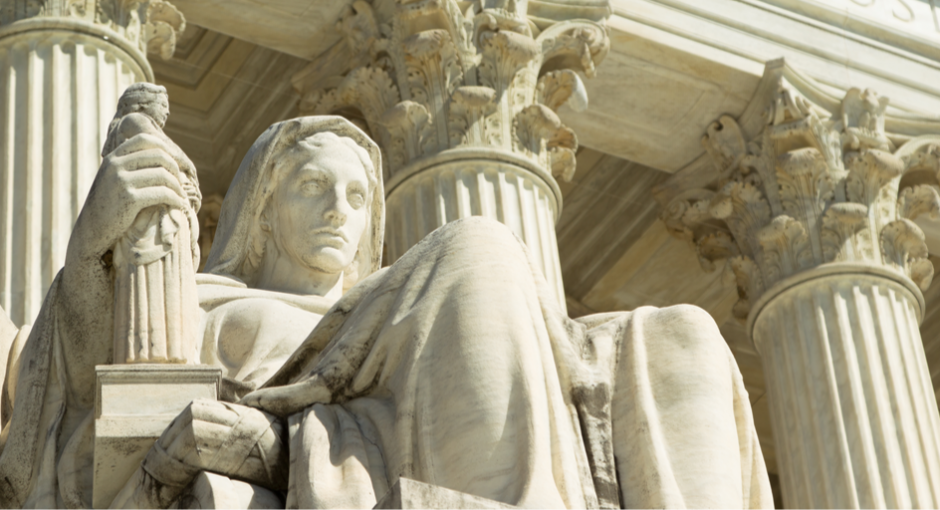The U.S. Supreme Court ruled 7-2 this morning that Texas and a dozen other Republican-led states lacked standing to challenge the constitutionality of the Affordable Care Act.
In addition to expanding health insurance to 21 million Americans, the ACA included multiple major provisions affecting the 340B program. If the decision had gone the other way, and the court had struck down the entire ACA as unconstitutional, those 340B provisions would have been struck down with it. They include:
- expansion of 340B eligibility to rural and free-standing cancer hospitals
- the 340B orphan drug exclusion for those hospitals
- extension of Medicaid rebates to Medicaid managed care
- increases in the Medicaid unit rebate amounts for brand and generic drugs which have resulted in higher 340B discounts
- the establishment of a 340B ceiling price database to increase transparency
- the setting of precise standards for calculation of 340B ceiling prices
- mandatory and binding 340B administrative dispute resolution
- 340B manufacturer civil monetary penalties.
California v. Texas was the third major case to challenge the ACA that has reached the Supreme Court. The two justices that dissented today were Samuel Alito Jr. and Neil Gorsuch. Alito was appointed by President George W. Bush and Gorsuch by President Donald Trump.


